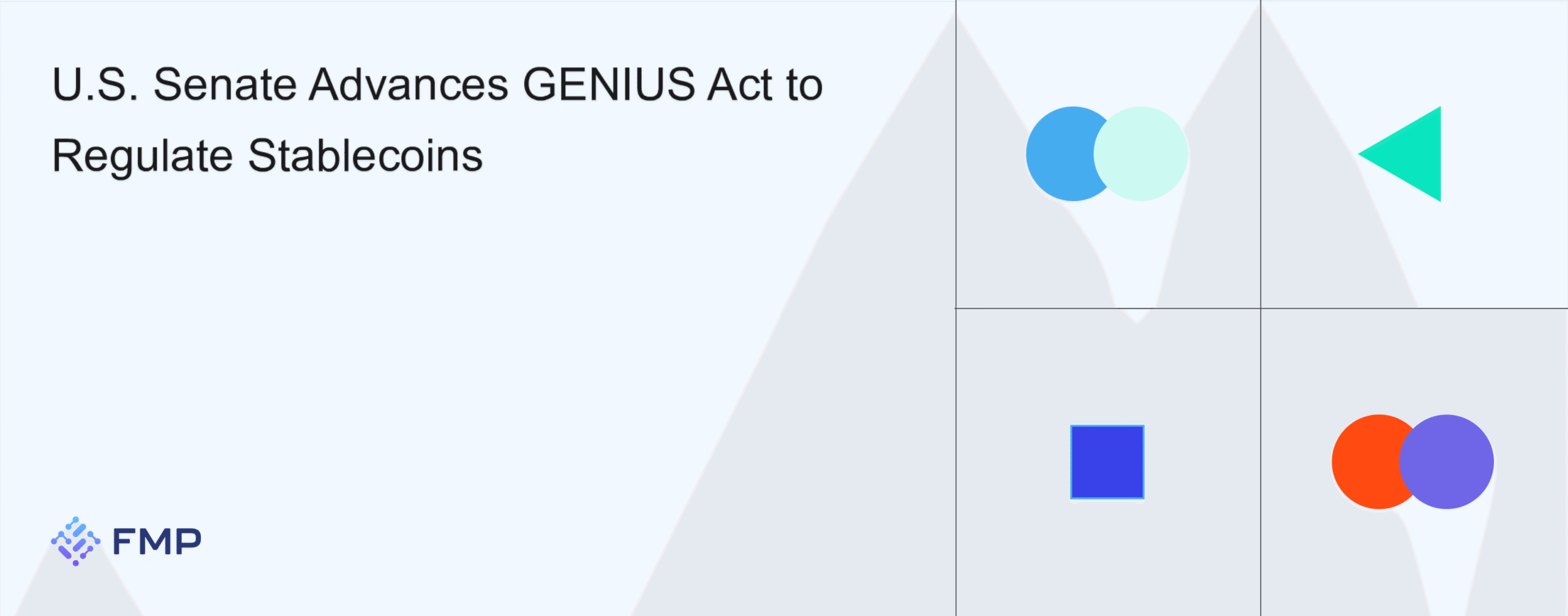A Republican-sponsored bill to create the Stablecoin Certification Review Committee cleared a 66–32 cloture vote in the Senate on Monday, paving the way for a full floor debate and subsequent vote later this week. If approved, the GENIUS Act would be the first major U.S. legislation defining clear rules for stablecoin issuers such as Circle’s USDC and Tether’s USDT.
Setting the Regulatory Framework
The GENIUS Act establishes a tri-agency committee—drawn from the Treasury, Federal Reserve, and FDIC—that will vet both domestic and foreign stablecoin issuers. By mandating minimum capital requirements, stringent anti-money-laundering protocols, and consumer-protection standards, the bill aims to bolster confidence in stablecoins as a trusted medium for on-chain settlements and DeFi applications.
Market Impact on Stablecoin Liquidity
Stablecoins have become the preferred rails for crypto trading due to their liquidity and transfer speed. Yet repeated scandals have exposed gaps in transparency and reserve backing. As U.S. lawmakers tighten oversight, market participants can track real-time peg stability and trading volumes via FMP’s Cryptocurrency Daily API, which delivers up-to-the-minute pricing and market-depth data for USDC, USDT, and other major tokens (Daily Crypto API).
Tracking Legislative Developments
Given the dynamic nature of crypto regulation, informed investors should monitor breaking news on policy shifts. FMP’s Crypto News API aggregates headlines on stablecoin legislation, enforcement actions, and international regulatory updates—enabling you to stay ahead of potential volatility induced by legal milestones (Crypto News API).
Takeaways for Market Participants
-
Regulatory Certainty: A clear U.S. framework may reduce counterparty risk and encourage institutional adoption of stablecoins.
-
Compliance Premium: Issuers that swiftly meet certification standards could command tighter bid-ask spreads and deeper liquidity pools.
-
Event-Driven Volatility: Senate floor votes and any presidential sign–off are likely to trigger short-term price swings—use real-time API feeds to manage exposure.




